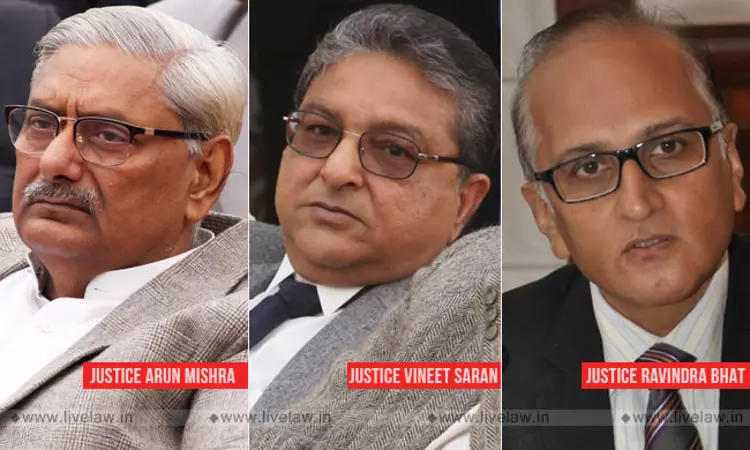On Tuesday, a Supreme Court bench comprising Justices Arun Mishra, Vineet Saran and S. Ravindra Bhat took up the reference regarding appointments of Civil Judges to the post of District Judges against the quota reserved for appointments directly from the Bar. According to Article 233(2) of the Constitution of India, a person not already in the service of the Union or of a State becomes...

